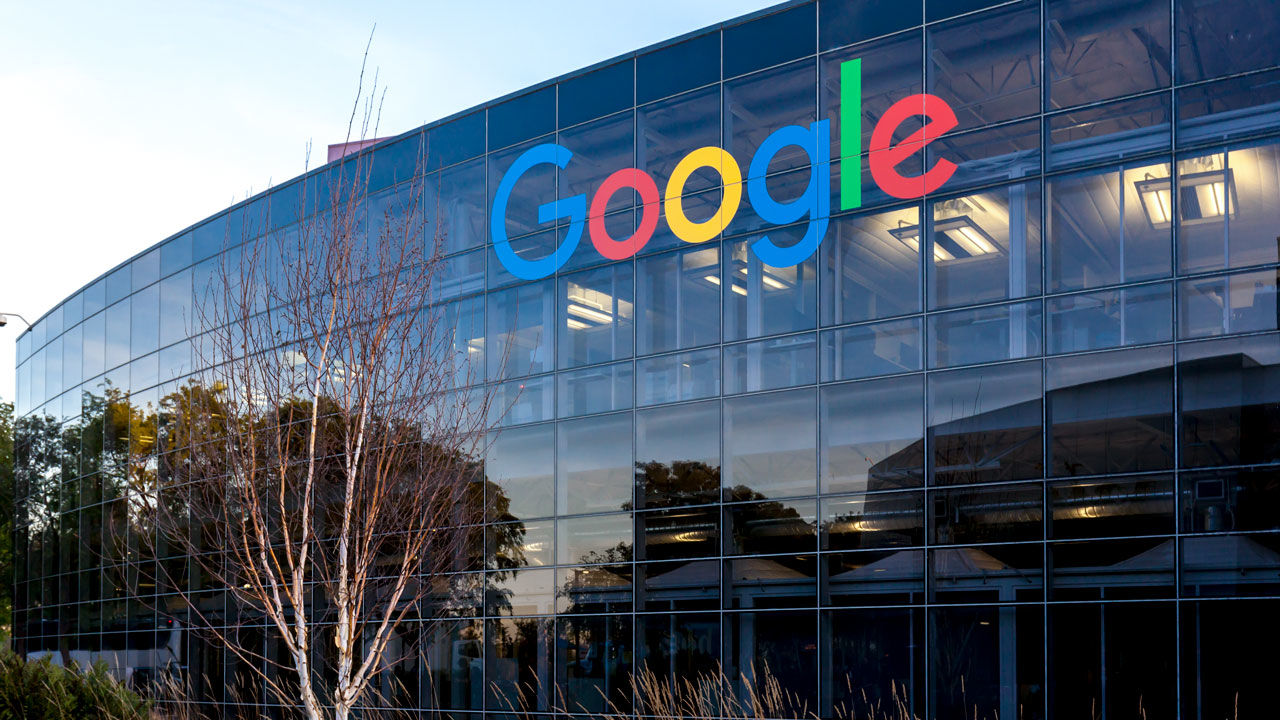Google Introduces Game-Changing Quantum Tech
10.12.2024 15:03 1 min. read Alexander Zdravkov
Google has introduced Willow, a quantum computing chip capable of solving problems in minutes that would take traditional supercomputers 10 septillion years.
Hartmut Neven, head of Google’s Quantum AI, called it a landmark achievement, particularly for its ability to reduce computational errors exponentially—a challenge researchers have tackled for decades. This milestone, termed “below threshold,” allows qubits, the building blocks of quantum computing, to scale reliably without excessive errors.
Google CEO Sundar Pichai described Willow as a step toward practical quantum computing, with potential applications in medicine, energy, and advanced technologies. Willow marks the second milestone in Google’s six-stage quantum roadmap.
Quantum advancements have raised fears about their ability to break blockchain encryption. However, experts like Kevin Rose note that cracking Bitcoin’s security would require quantum systems with millions of qubits, far beyond Willow’s current 105. Ethereum’s Vitalik Buterin has suggested strategies, such as hard forks, to mitigate future risks.
While Willow showcases impressive progress, practical quantum computing remains years away.
-
1
Tether Rolls Out Cross-Chain Gold Token on TON
03.06.2025 22:00 1 min. read -
2
WazirX Restructuring Plan Blocked by Singapore High Court
06.06.2025 20:00 1 min. read -
3
Elon Musk Steps Down from Government Efficiency Post After Struggles in DC
29.05.2025 13:30 2 min. read -
4
Binance Lawsuit Dropped as SEC Withdraws Case
30.05.2025 12:00 1 min. read -
5
South Korea Elects Pro-Crypto Leadership, Paving Way for Digital Asset Reforms
04.06.2025 22:00 2 min. read
Bitcoin Miner Bitdeer Boosts War Chest With New Convertible Notes Deal
Bitdeer Technologies, a Bitcoin mining firm based in Singapore, is gearing up to raise $330 million through a fresh offering of senior convertible notes maturing in 2031.
BlackRock’s BUIDL Fund Becomes Margin Collateral on Deribit and Crypto.com
Institutional traders on Deribit and Crypto.com can now post BlackRock’s tokenized U.S. Treasury fund, BUIDL, as margin—an industry first for a low-volatility, yield-bearing digital security.
AI Revolution Could Send Nasdaq Soaring, Says Market Expert
Tech shares still have plenty of room to run, argues Wedbush Securities research chief Dan Ives.
Gold Eyes $4,000 as Global Instability Fuels Investor Flight to Safety
Mounting geopolitical uncertainty is breathing new life into gold’s rally, with top financial institutions now predicting a surge toward $4,000 per ounce.
-
1
Tether Rolls Out Cross-Chain Gold Token on TON
03.06.2025 22:00 1 min. read -
2
WazirX Restructuring Plan Blocked by Singapore High Court
06.06.2025 20:00 1 min. read -
3
Elon Musk Steps Down from Government Efficiency Post After Struggles in DC
29.05.2025 13:30 2 min. read -
4
Binance Lawsuit Dropped as SEC Withdraws Case
30.05.2025 12:00 1 min. read -
5
South Korea Elects Pro-Crypto Leadership, Paving Way for Digital Asset Reforms
04.06.2025 22:00 2 min. read


